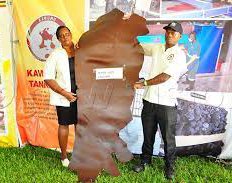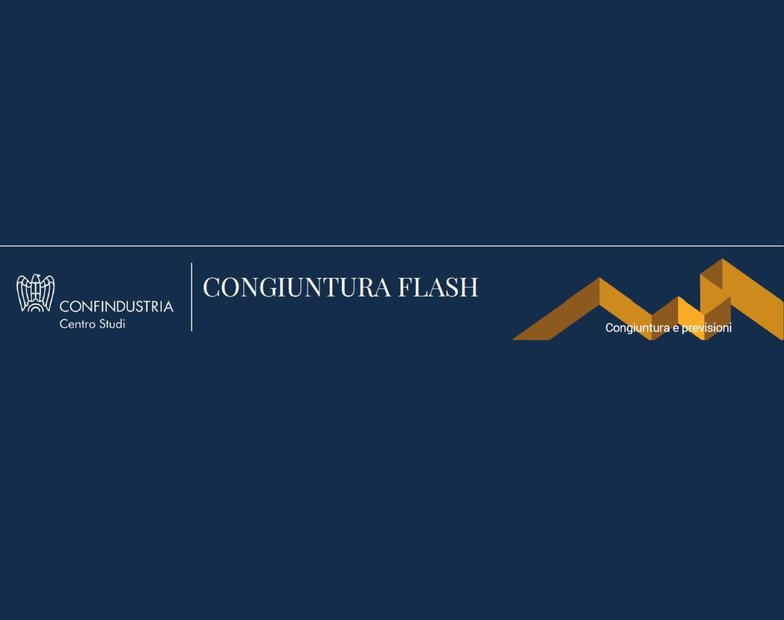Farmers interested in supplying hides and skins to Kawumu Leather Tannery are to sign supply contracts with State House Uganda at the Harvest Money expo. Farmers will also be given tips on how to slaughter animals in a way that enables them to produce quality hides, which in this context are those without cuts. [ State House Tannery to sign deals with farmers to supply ... - newvision.co.]
The cuts usually occur during slaughter. This was revealed by Eng Sheeba Kusasira, the overseer of the Tannery Steering Committee, at Kawumu.
The tannery is an addition to the Presidential Demonstration Farms, aimed at teaching and showing farmers the latest innovations in agriculture that farmers can adopt to reduce household poverty.
Annah Nahurira, Public Relations Officer Kawumu Tannery (L) and Amir Zziwa, Quality Control and Assurance Kawumu Tannery (R) display their leather products, an initiative of the President that is aimed at adding value to Uagnda's hides and skins with the view of saving Uganda's forex spent on importation of raw materials for growing leather sector. (All Photos by Shamim Saad)
The tannery, according to Kusasira, is an initiative of President Museveni, to promote value addition to hides and skins in Uganda to reduce the reliance on imported leather products.
“The President is keen on promoting value addition for hides and skin so as to get a final product that can be processed into products like shoes. At Kawumu Tannery, we process final leather products like wallets, bags, chairs and many others,” explained Kusasira.
Currently, the raw materials, which include hides from goats, sheep and cows are sourced from across the country but are not sufficient for the facility that has been installed.
It has a capacity of producing 10 tons per day, and now processes six tons per day.
Through the initiative, State House hopes to reduce imports while increasing exports.
"We shall be taking orders from those interested in our leather, but also signing contracts with suppliers of hides and skins. Our team will teach those who sign contracts, ways in which hides can be processed while avoiding cuts. Any hide with cuts is usually rejected during the sorting process,” Kusasira further explained.
According to the Economic Policy Research Centre, in collaboration with the Ministry of Finance, Planning and Economic Development, in 2019, the sub-sector contributed $46.5m to Uganda’s export earnings, making it the second-best second top foreign export earner in the livestock sector after the dairy.
The report adds that with the growth in livestock production, estimated at 2.1% per annum, the leather sector presents more opportunities for employment and increased exports because of its backward linkages with the beef sector as a source of raw materials.
The three-day Harvest Money Expo that is organised by Vision Group, is focusing on value addition and post-harvest management under the theme, Farming as a Business, Post-Handling and Value Addition.



